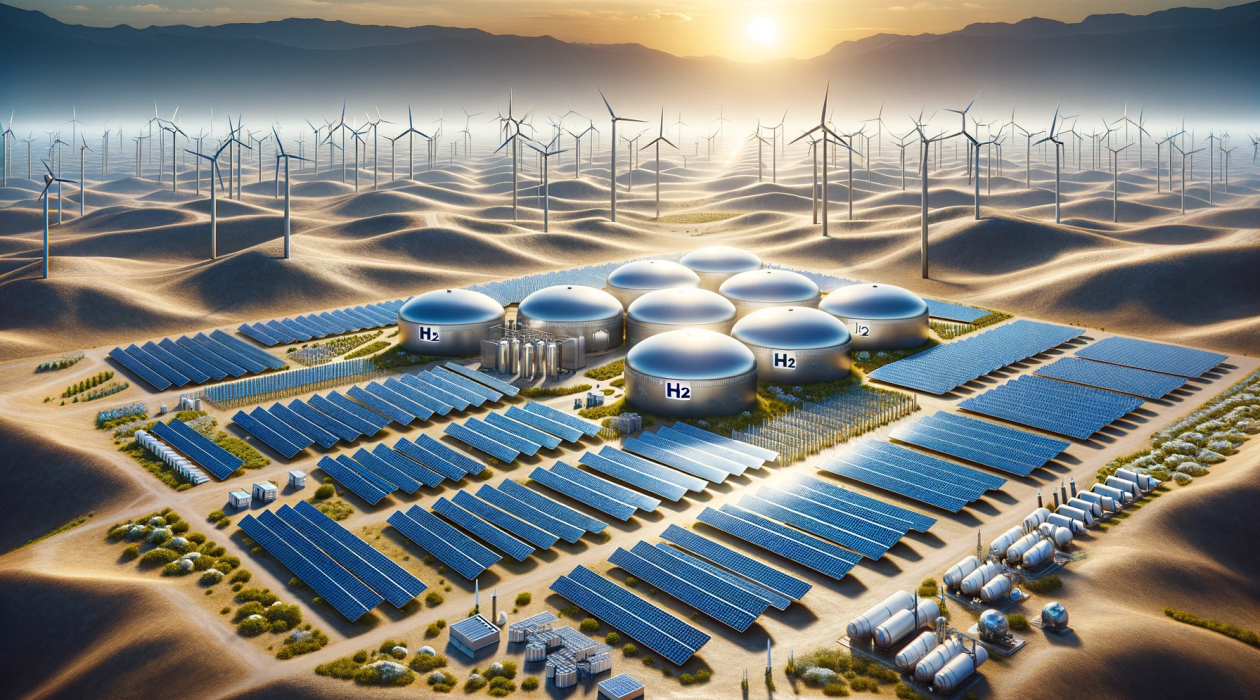In the hallowed arenas of the 1984 Los Angeles Olympics, where athletes pushed the boundaries of human potential, one runner embarked on a journey that would transcend the medal podium. Fast forward 25 years, and the echoes of that runner’s footsteps resound far beyond the track—reverberating through the pristine landscapes of Maine and the corridors of environmental advocacy. This summer marks the silver jubilee of a transformative narrative that intertwines the tenacity of an Olympian with the dedication of an environmental steward.
In a poetic juxtaposition, the runner, once acclimating to Los Angeles’ air quality for Olympic training, found herself in the easternmost state of Maine—downwind from the nation’s air pollution epicenter. From personal reflections on 125,000 carbon-free miles logged, the narrative evolves into a testament of resilience, environmental consciousness, and a commitment to propel the world toward a clean energy Era.
As the world grapples with climate change, the runner turned advocate has become a living environmental barometer, attuned to the subtle shifts in Maine’s winters and the challenges posed by development and pollution. From the isolated beauty of Maine to the bustling legislative arenas of the United States, this journey encapsulates a holistic odyssey—one woman’s run evolving into a marathon for environmental sustainability and a cleaner, greener future.
The 25-Year Green Journey from LA Olympics to Maine
As the world witnessed athletes competing in the Beijing Olympics, concerns over pollution and ambient air quality surfaced, triggering a poignant reflection on a transformative journey that began 25 years earlier in the arenas of the Los Angeles Olympics. The runner, now an environmental advocate, drew parallels between the air quality challenges faced by Olympians and her own strategic decision to train in the pristine landscapes of Maine, anticipating suboptimal conditions in Los Angeles.
Maine, with its unique geographical position as the easternmost state, becomes the unexpected battleground for air quality issues. Living downwind from the nation’s air pollution epicenter, the runner turned advocate recognizes Maine’s vulnerability and transforms it into a commitment to a carbon-free lifestyle. The narrative weaves through personal reflections, environmental awareness, and a quarter-century commitment to sustainable living, illustrating how one woman’s Olympic journey transcended the finish line to become a marathon for cleaner air, greener landscapes, and a sustainable future.
A Runner’s Perspective on Climate Change
With over 125,000 carbon-free miles logged in Maine, the author, a seasoned runner, becomes an environmental barometer. Sharing observations of the changing climate’s impact on Maine, from shorter and milder winters to the effects on ice fishing and skiing, she sheds light on the urgency of addressing climate change, pollution, and the need for sustainable development.
The Waxman-Markey Climate and Energy Bill
Celebrating the inclusion of climate change and energy efficiency on the U.S. legislative agenda, the author applauds the Waxman-Markey Climate and Energy Bill. She highlights the bill’s comprehensive approach, emphasizing energy efficiency and renewable energy, offering insights into how these measures can simultaneously reduce pollution and create jobs. A recent study by the American Council for an Energy-Efficient Economy underscores the potential economic benefits for Maine.
A Call to Action on Climate and Energy Legislation
Emphasizing Maine’s critical role in addressing climate change, the author discusses her meetings with the Maine congressional delegation. Acknowledging the disproportionate power of Maine’s senators in a closely divided Senate, she stresses the importance of their support for climate and energy legislation. The author asserts that Maine’s unique position necessitates proactive steps to ensure the passage of crucial environmental policies.
Business for Innovative Climate and Energy Policy (BICEP)
Exploring the role of corporations in advocating for climate action, the author discusses Nike’s involvement in founding Business for Innovative Climate and Energy Policy (BICEP). Collaborating with leading American corporations, BICEP aims to spur clean energy, cut global warming pollution, and stimulate economic prosperity. The author underscores the need for strong market signals and a robust national energy policy to catalyze private investment in clean energy.
A Challenge and Opportunity for a Clean Energy Economy
In challenging the age-old perception that the economy and the environment stand at odds, the author propels the narrative towards a compelling vision: a new clean energy economy. Dismissing antiquated paradigms that erroneously cast environmental protection as a hindrance to job creation, she presents a persuasive case for the transformative power of a low-carbon economy. The author passionately advocates for a strategic confrontation with climate change, portraying it not as a threat but as a golden opportunity for the United States to reassert itself as a trailblazer in innovation, productivity, and the creation of sustainable employment opportunities. This narrative serves as a rallying call to discard obsolete thinking, viewing the climate and energy challenge not as a burden but as an avenue for America to reaffirm its prowess in shaping a prosperous and eco-friendly future.
Conclusion
In the rhythmic cadence of a runner’s heartbeat, the journey from Los Angeles to Maine echoes resilience, environmental awareness, and the call for a sustainable future. As the legislative wheels turn and corporations unite for climate action, the runner envisions a finish line where the economy and the environment converge harmoniously. A clean energy future isn’t a distant aspiration but an imperative—a necessity for both the environment and the economy. The final sprint of this narrative is a rallying cry, urging nations and businesses to embrace the challenge and prove that the path to a clean energy economy is not just a race but a shared victory for humanity and the planet.

